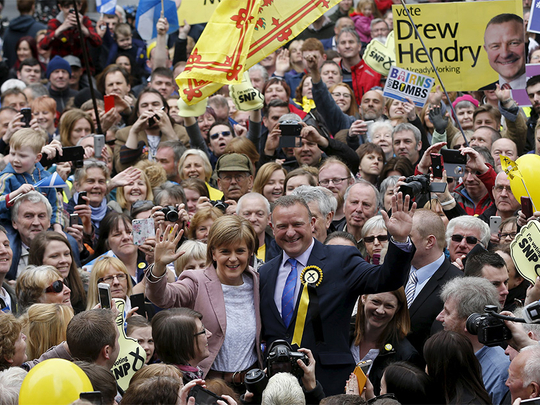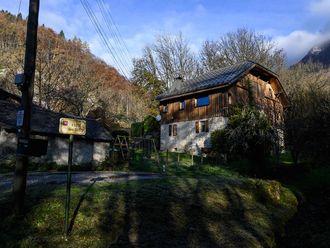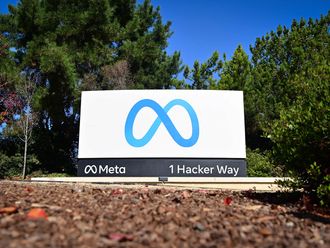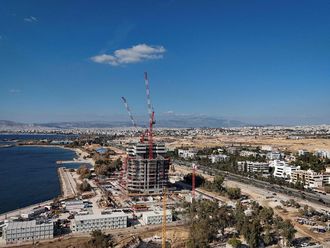
Grange-Over-Sands, United Kingdom: The tops of the Cumbrian Mountains in the distance are topped with a dusting of snow while the long tidal flats that give this neat little town its name are just covered by the slightest turn of the tide this brisk morning.
The main street, where parking is at a premium outside the grey limestone buildings and banks, is buzzing. No, not with election campaigning, but at the prospect of an influx of visitors for the bank holiday weekend.
“Hopefully the weather will be nice and it won’t rain,” offers Anne Fletcher, who works at a local guesthouse overlooking the estuary below. Last time around, she voted for the Liberal Democrats, and will be doing the same again. “Tim is a good MP,” she says.
Tim Farron, the MP here in Westmorland and Lonsdale, is predicted to hold his seat with a comfortable majority of 27 percentage points over his closest rival, Conservative candidate Ann Myatt. And if those constituency-by-constituency polls are accurate, Farron will hold the distinction of being the most northerly Lib Dem MP — stunning in that the party could usually count on a couple of members from the Scottish islands and east coast. Not now, with the Scottish National Party strongly surging and possibly claiming 55 out of the 59 seats north of the border with England.
Like as in the estuary, the tide has turned and the Liberal Democrats will do well to capture 20 or so seats after its coalition deal with as the junior partner in the David Cameron Conservative-lead government.
It’s decision that Lib Dem leader Nick Clegg has had to defend repeatedly during this election campaign.
Speaking on Thursday night, Clegg said he accepted that some voters could not forgive his party, but asked the public to remember all the policies his party had implemented, saying the decision to form the coalition in 2010 came at a short-term political cost, but was plucky, brave and necessary in the national economic interest.
And a three-fold increase in student tuition fees has been blamed on his party’s support of the measure.
“I got it wrong. I have said sorry … I hope you can give me credit for the many other things I have put into practice,” Clegg said. Of the fee increase. “What we did was get the fairest deal we could in the circumstances.”
Asked if he would still go into the coalition if he had his time again, he replied: “Yes, absolutely, the more I look back on it, the more proud I am.”
Clegg’s own seat in Sheffield Hallam had been considered under threat from Labour’s Oliver Coppard. In recent days, however, national and constituency polling suggests Clegg will be returned to Westminster. But relations between the coalition partners are strained, with a leaked document suggesting the Tories wanted the Lib Dems to take the heat for an estimated £12 billion (Dh60 billion) in welfare cuts that would take effect after the May 7 general election.
“I share … intense frustration verging on anger that the Conservatives say it is OK a week before an election to say they are going to take the equivalent of £1,500 off eight million of the most vulnerable families in this country,” Clegg said on London radio. “And they can’t even be bothered to spell out to the families — with folk who are disabled, with children, those who have fallen on hard times — they can’t even be bothered to spell out exactly what their plans involve.”











